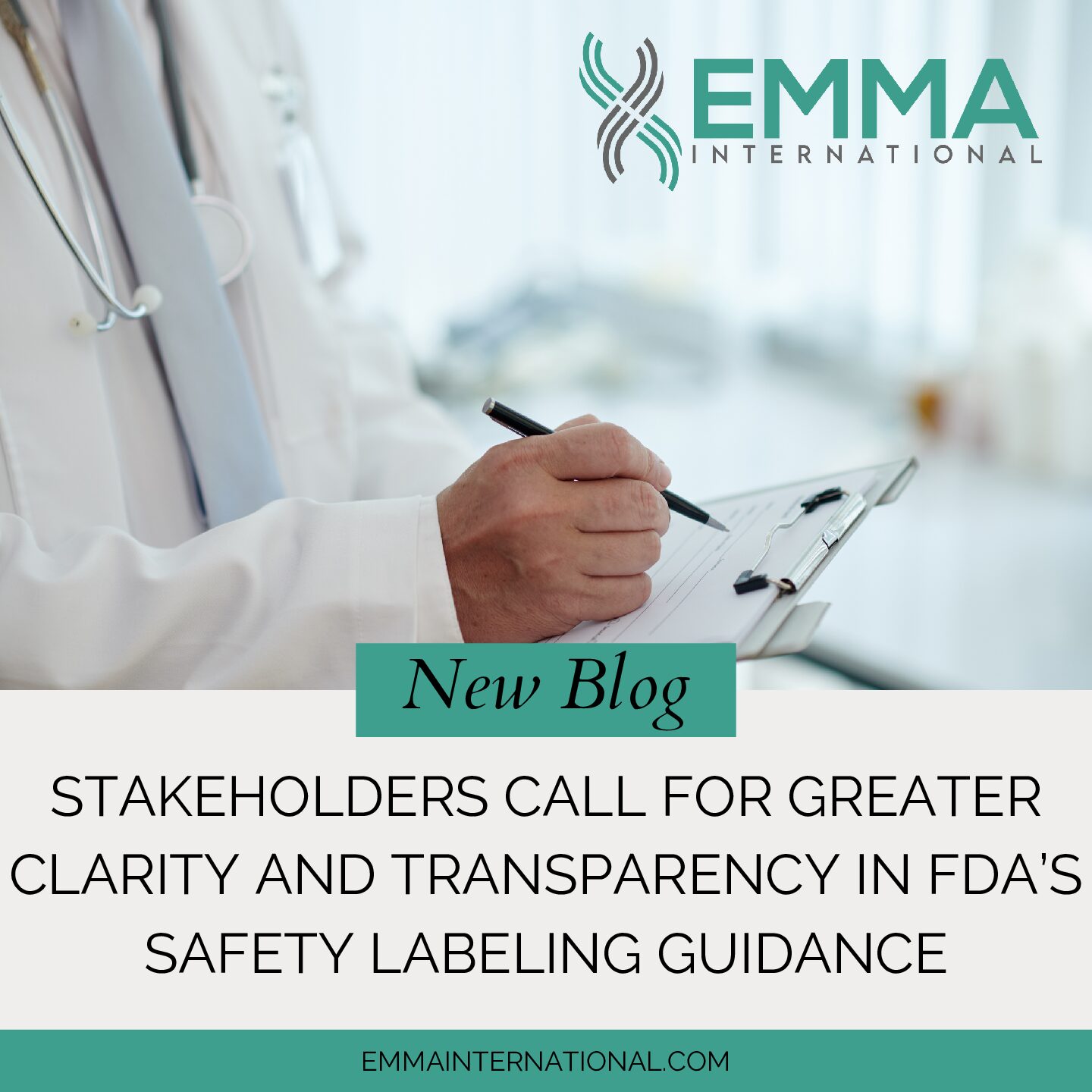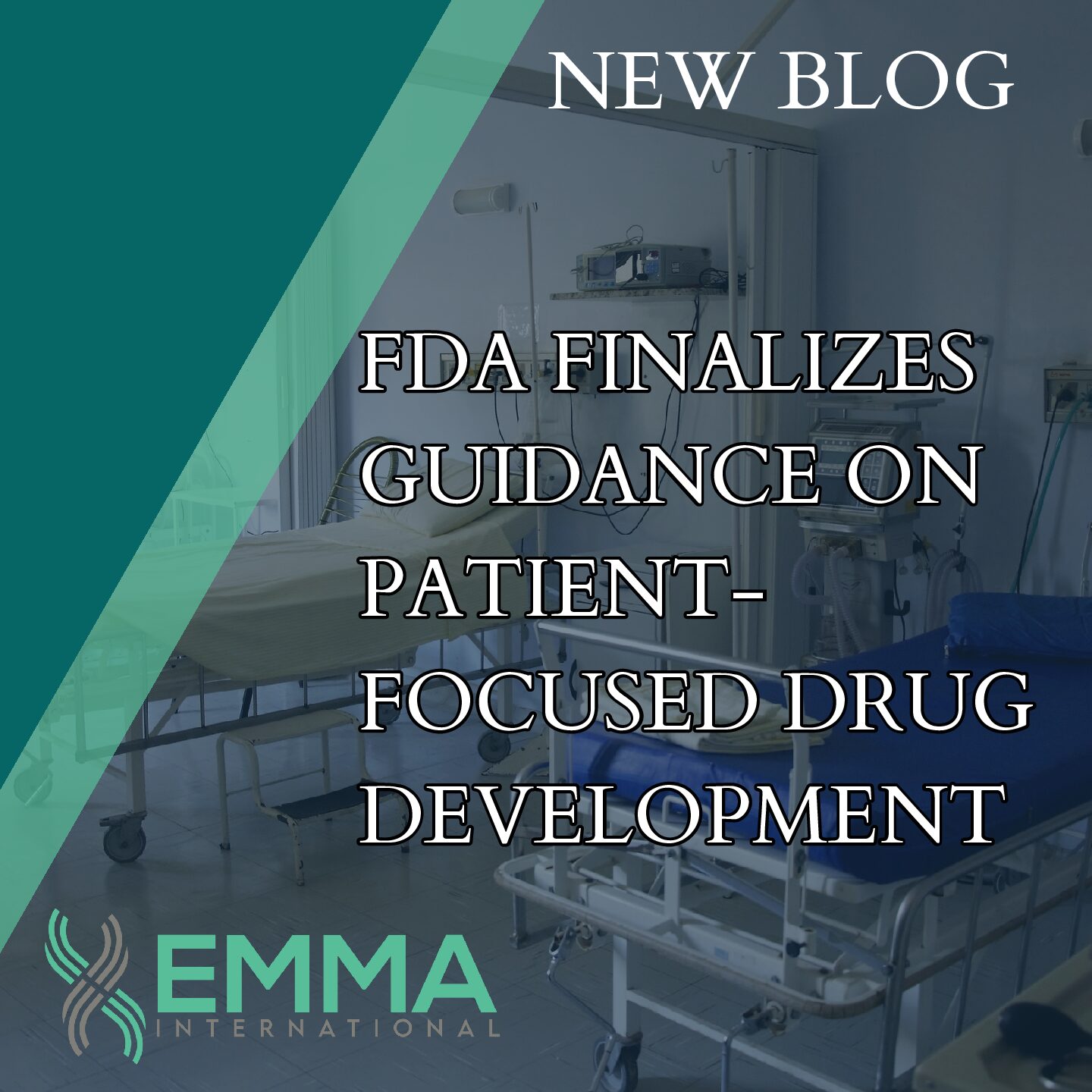In pharmaceutical development, Chemistry, Manufacturing, and Controls (CMC) are critical components of regulatory submissions. This blog will discuss the intricacies of CMC, explaining its importance, the key elements involved, and the role it plays in ensuring the safety, efficacy, and quality of pharmaceutical products.
Chemistry, Manufacturing, and Controls (CMC) refer to a comprehensive set of documentation required by regulatory authorities to demonstrate that a pharmaceutical product is consistently produced and controlled according to quality standards. CMC encompasses all aspects of drug development, from the initial stages of research and development through to the manufacturing processes and quality control measures.
CMC documentation ensures that every batch of a pharmaceutical product meets the required standards for identity, strength, quality, purity, and potency. This consistency is crucial for patient safety and therapeutic efficacy. Regulatory agencies such as the FDA, EMA (European Medicines Agency), and other national bodies require comprehensive CMC information to approve new drug applications (NDAs), biologics license applications (BLAs), and investigational new drug applications (INDs). Detailed CMC information helps identify potential risks in the manufacturing process and outlines control strategies to mitigate these risks, ensuring the final product is safe for consumer use.
Key elements include the following:
1. Drug Substance Information
Description and Characterization: This includes the chemical structure, physicochemical properties, and biological activity of the active pharmaceutical ingredient (API).
Manufacturing Process: Detailed information on the synthesis of the API, including raw materials, solvents, reagents, and a step-by-step process description.
2. Drug Product Information
Formulation: Details of the composition of the drug product, including excipients, and rationale for their use.
Control of Drug Product: Specifications and analytical methods for the finished product, ensuring it meets the intended quality and performance criteria.
Stability: Stability data for the drug product, supporting its shelf life and storage conditions.
3. Facilities and Equipment
Manufacturing Facilities: Information about the facilities where the drug substance and drug product are manufactured, including locations, equipment, and production capacity.
Quality Control and Assurance: Description of the quality control and quality assurance systems in place to maintain product integrity.
4. Documentation and Record Keeping
Comprehensive documentation of all processes and procedures, ensuring traceability and compliance with Good Manufacturing Practices (GMP).
During the drug development process, CMC information is compiled and submitted to regulatory agencies at various stages:
- Investigational New Drug (IND) Application: Early-stage submission to start clinical trials, including preliminary CMC data to ensure the investigational product can be safely administered to humans.
- New Drug Application (NDA) / Biologics License Application (BLA): Comprehensive CMC documentation is submitted to demonstrate the drug’s safety, efficacy, and quality for marketing approval.
- Post-Approval Changes: Any changes in the manufacturing process, formulation, or facilities must be reported with updated CMC information to ensure continued product quality.
Chemistry, Manufacturing, and Controls (CMC) form the backbone of regulatory submissions in the pharmaceutical industry. If you need support with developing the CMC section of your regulatory submission, EMMA International can help! Contact us at 248-987-4497 or email info@emmainternational.com to learn more.
FDA (May 2024) Chemistry Manufacturing and Controls (CMC) Guidances for Industry (GFIs) and Questions and Answers (Q&As) retrieved from: https://www.fda.gov/animal-veterinary/guidance-industry/chemistry-manufacturing-and-controls-cmc-guidances-industry-gfis-and-questions-and-answers-qas





